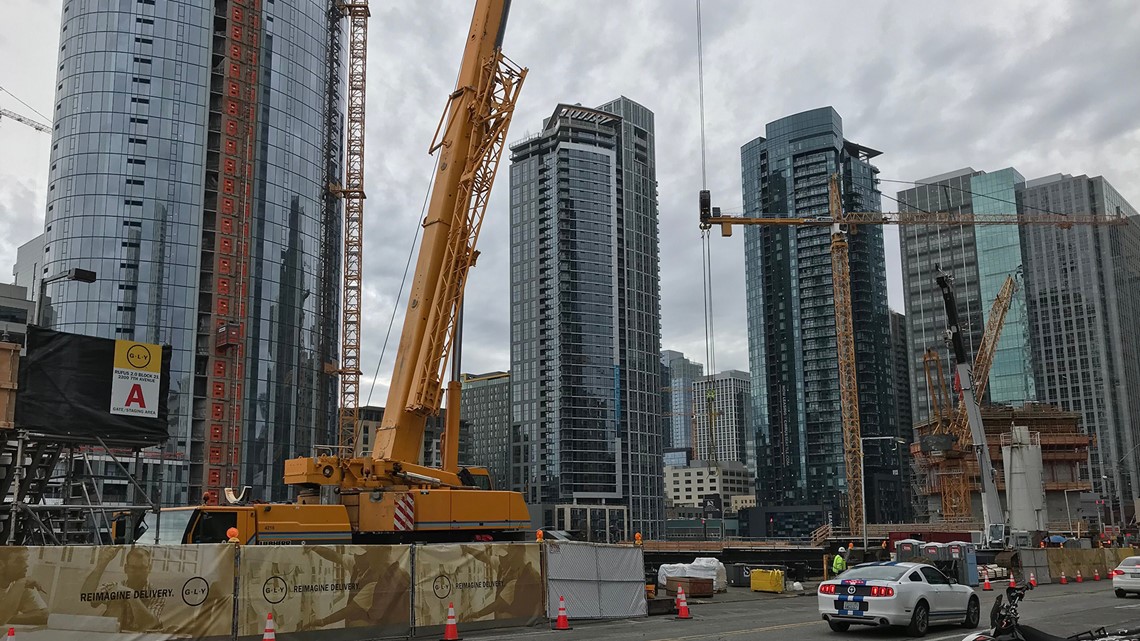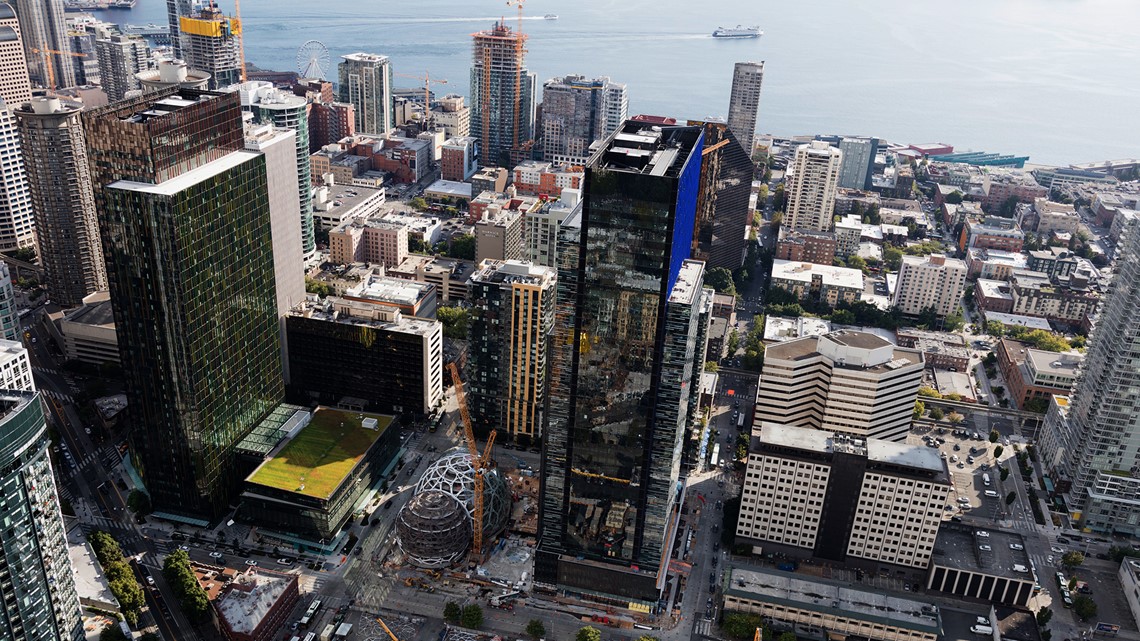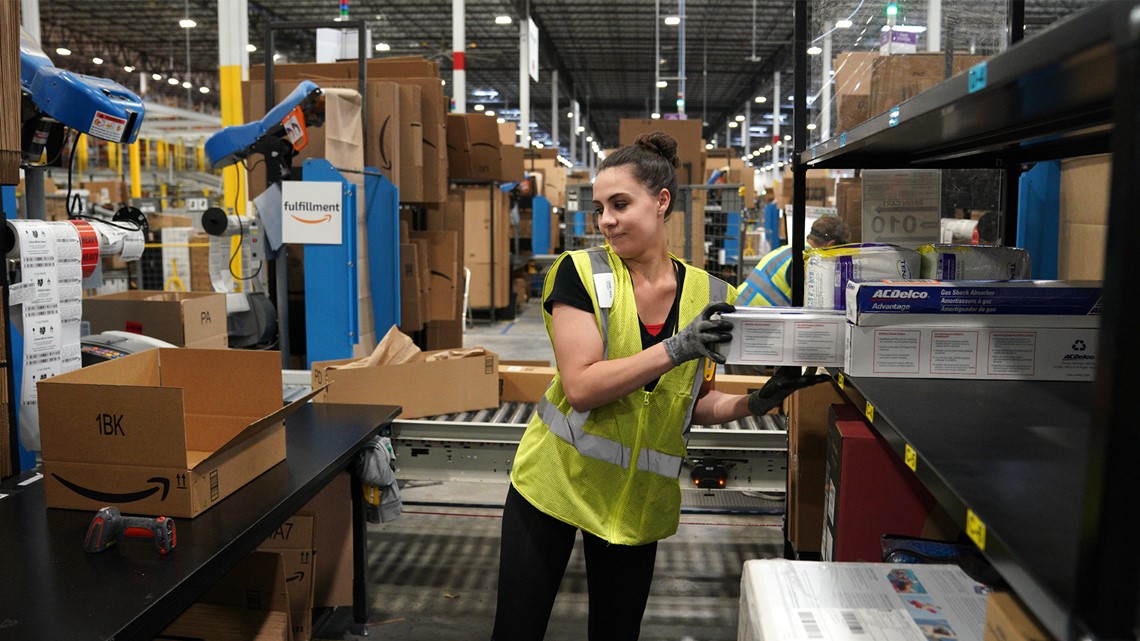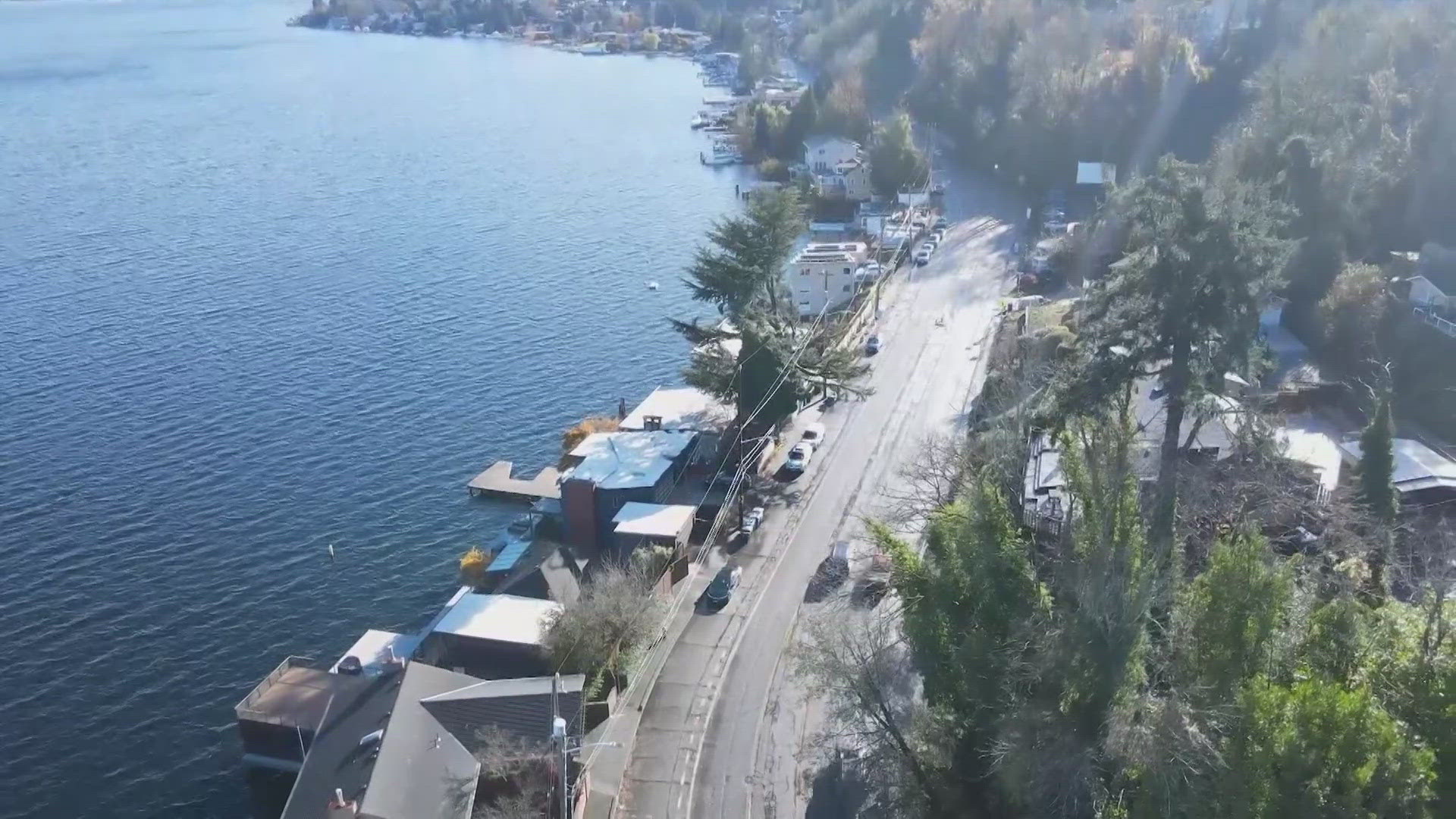SAN FRANCISCO — By definition, 19 cities on Amazon’s list of potential homes for its second headquarters won’t make the cut.
But even if they don’t win the golden ticket – up to 50,000 tech jobs and a $5 billion investment – Amazon may be leaving its stamp. In many of the sites, the bid has given a push to housing, transit and education projects that had languished, sometimes for years.
Cities that might not have listened to “fancy urban planner talk will listen when it’s Amazon,” said Barry Broome, CEO of the Greater Sacramento Economic Council. The group helped craft the city's bid after Amazon in September announced it would pick one metropolitan area to build its second headquarters, setting off a North American feeding frenzy for the high-tech jobs and bragging rights that would come with the placement.
California's sixth-largest city failed in January to make the second round of headquarters potentials. Still, the prospect jump-started transit and education efforts in the area. It plans to launch a digital initiative to train young adults, Broome said.
It's common for states and cities to make promises about infrastructure upgrades and to move projects forward to entice companies to relocate, but "I’m not sure we’ve ever seen it on the same scale as the Amazon HQ2 search," said Sean Slone, director of transportation and infrastructure policy at the Council of State Governments.


Georgia, D.C. transit projects finally progress
In Georgia, where Atlanta is still in the running, Gov. Nathan Deal told local reporters he has updated Amazon on progress on a $100 million bus rapid transit system being built along a highly congested corridor that runs through Atlanta.
Known for horrible traffic and an underdeveloped transit system, it was only in May that the state created a unified regional transit system, to be called the Atlanta-region Transit Link Authority.
Further north, the three regions near the nation's capitol vying for the bid have finally pushed through a long-stalled transit initiative. D.C., Maryland and Virginia – all still in the running for the headquarters city – have each agreed to provide a share of the $500 million a year for the region's well-used but aging Metro system, the first dedicated funding since it went into operation in 1976.
It wasn’t until March that Maryland Gov. Larry Hogan, previously a holdout, agreed to support the funding push in his state.
The cities' initiatives all were in the works long before Amazon first announced the bidding process and all deal with long-standing problems. But in the effort to pass needed projects, their supporters are using the lure of Amazon to bring naysayers to their side.
“Cities will use all kinds of strategic and initiatives to increase the importance and urgency of projects. When you can create a sense of urgency or some kind of imperative, you can heighten the importance of projects that public usually rejects,” said William Riggs, a planning strategist and professor at the University of San Francisco.
Job training plans shift from construction to high-tech
Amazon's influence over a city, which played out in a raucous and unusual fight with Seattle's city council over a proposed "corporate head tax" to support affordable housing, could be seen in these initiatives. Good transit and transportation, ample housing and access to a highly trained workforce were all prerequisites to a winning city, Amazon said in its request for proposals.
And that sway has pushed some cities to prioritize particular efforts, especially in transit and education.


In Sacramento, the council pushed to shift local job training programs toward tech and away from semiskilled programs such as health care and construction.
The Greater Washington Partnership in the D.C. area is creating a plan for a college credential that will be available to tech graduates at 13 universities in the region, highlighting their competency in data analytics, artificial intelligence, machine learning and cybersecurity.
These efforts raise questions about whether the features Amazon wants will be of interest to other companies that cities might be looking to entice.
"There are plenty of examples where cities build custom infrastructure or make counterintuitive investments to woo companies or events – one of the best examples being attempts at hosting the Summer Olympics, where unneeded infrastructure investment has led to massive cost overruns," Riggs said.
That said, Sacramento's Broome is convinced that pushing job training opportunities to include tech skills is helpful because of the ways the digital revolution is disrupting everything from retail to distribution to farming.
"There is very little separation in skills going forward from a basic competency perspective. ... The skills gap is what we are looking to fill in order to become more inclusive and equitable," he said.


In Kansas City, Missouri, which didn't make the Amazon cut, the state is changing rules covering computer science courses, helping increase the home-grown talent in the area, as well as providing funding to train computer science teachers.
“You can draw a loose line between Amazon and the legislation that just passed,” said Ryan Weber, president of the KC Tech Council, a regional advocacy group.
“I think it was made a priority because of the Amazon response,” he said. But efforts will pay off no matter what types of businesses the area lands, he said. The governor is expected to sign the bill this week to allow Kansas students to get math and science credit for taking computer science, instead of treating it as an elective as schools now do.
"Strong tech skills are commonly seen as the key to becoming employable. In Kansas City, only 31 percent of the region’s tech workforce are technical workers at tech companies, and a significant amount are spread out amongst nontech employers like hospitals, law firms and banks," Weber said.
Some projects still failed
The prospect of winning the Amazon investment wasn't a rocket booster for all costly transit and education projects.
Some of the shortlisted cities may have had their chances for Amazon hurt by recent political developments that have stalled out transit initiatives, Slone said.
For example, in May voters in the city of Nashville, Tennessee, resoundingly defeated a $9 billion plan that would have built a regional transit network anchored by light rail.
An effort to overturn Indiana’s ban on light rail failed in the state’s senate in March. City and business leaders had argued that they needed all mass transit options on the table to attract Amazon.
"This isn’t about Amazon, but it is about opportunities like Amazon, certainly, where we would be able to compete for a lot of great paying jobs and reinvesting in our community," Mark Fisher with the Indianapolis Chamber of Commerce told the Indianapolis Star Tribune.



